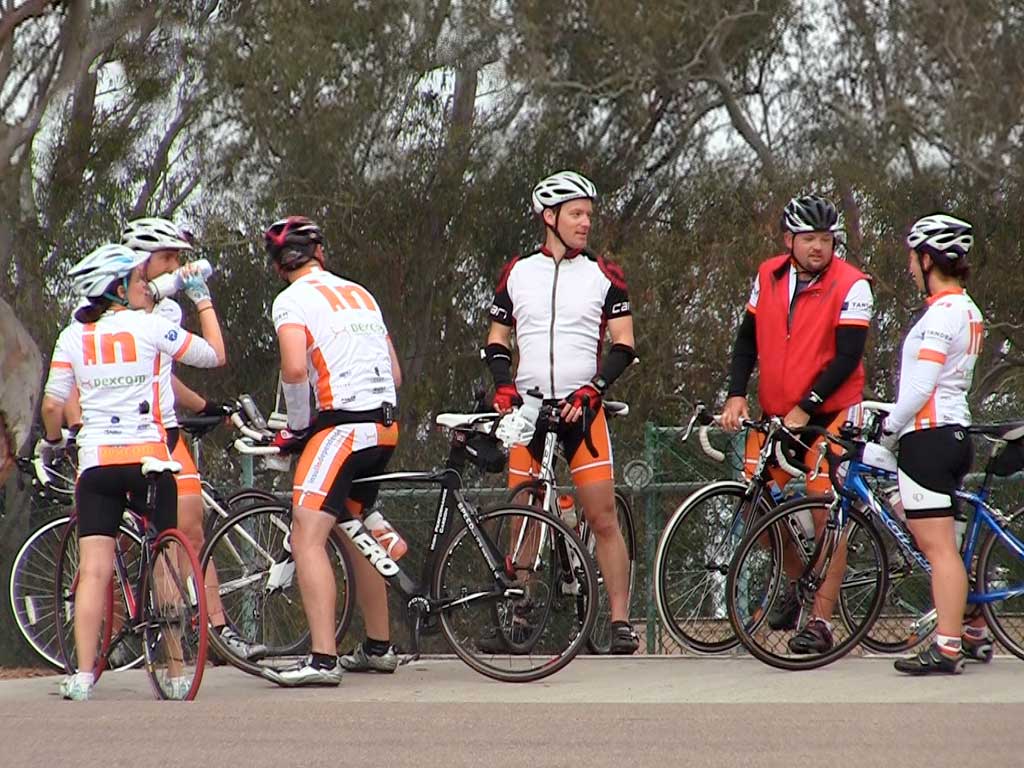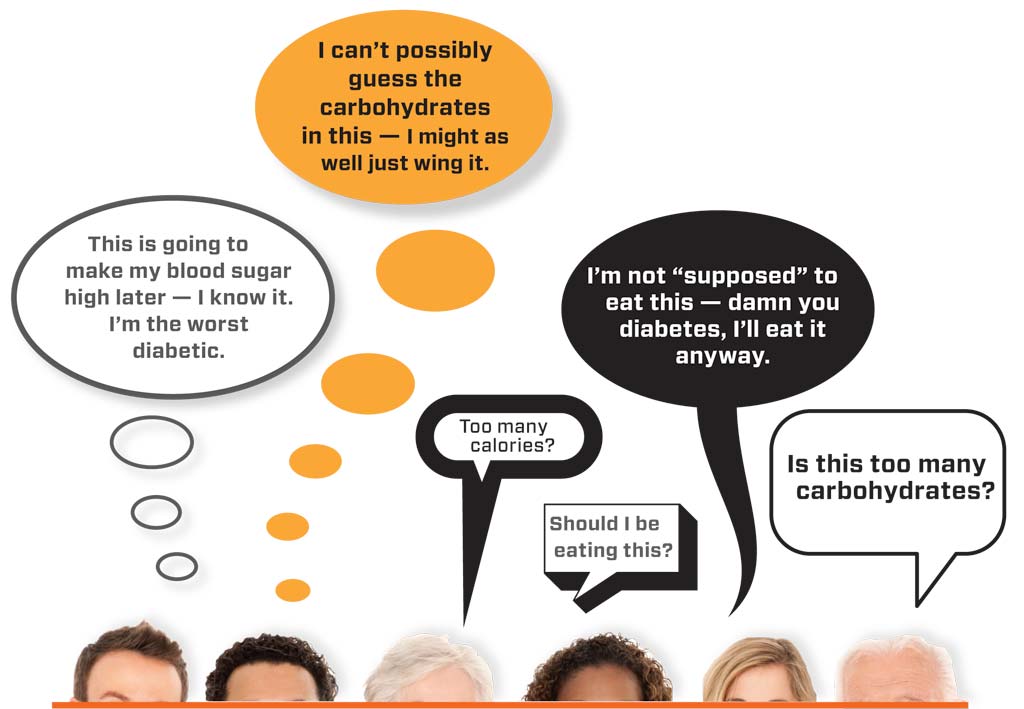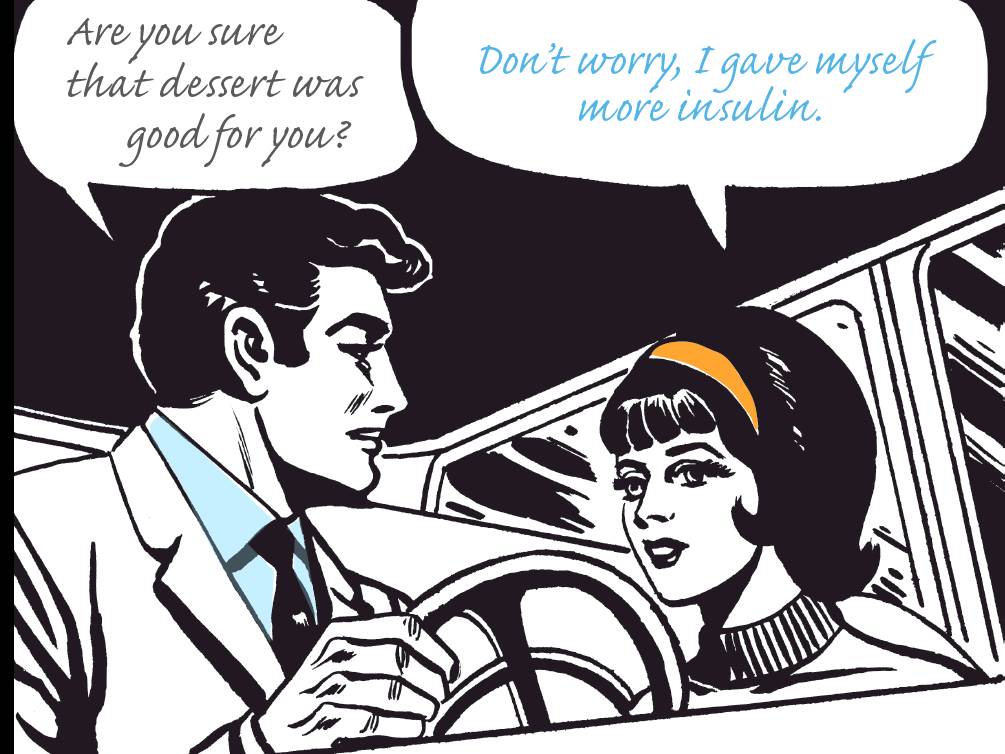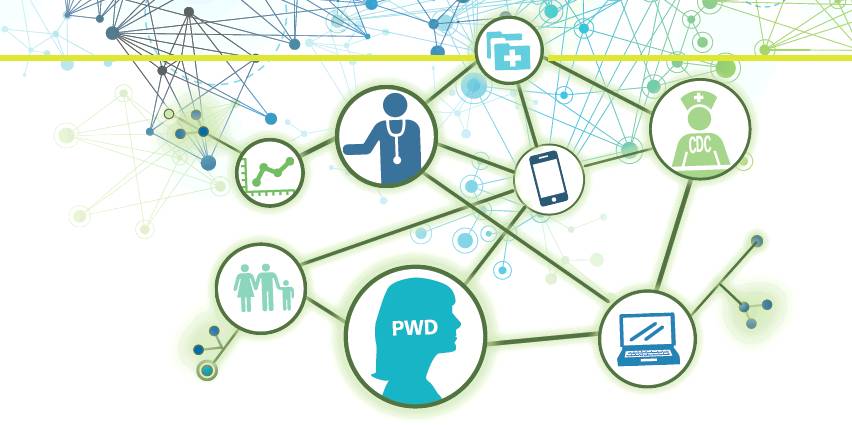Mental & Physical Health: Connecting the Dots
Physical and mental health are so linked that the same treatment plan works for both diabetes and for depression and anxiety

Intuitively, we all know that mood impacts how we take care of our physical health.
But have you ever stopped to think seriously about how much your choices around food, exercise, and sleep impact not just your blood sugars but also your level of depression, anxiety, and overall stress?
If you’re struggling with depression, anxiety, and stress, it’s time to look at improving your physical health habits for big mental health results, explains Alexis Elliott, LCSW, LISW-CP, CDE, a health coach with specialties in diabetes, eating disorders, and nutrition.
Here are 3 things that you can do that will improve your diabetes, depression, and anxiety at the same time.
Eat real food
Processed food comes with a 78 percent increased risk of depression
“A diet high in processed foods comes with a 78 percent increased risk of depression,” explains Elliott. “It’s that simple. Other research has found that following a more whole-foods based Mediterranean diet reduces a person’s risk of depression by 35 to 50 percent.”
Elliott adds that 1 out of every 4 people with type 2 diabetes experience depression, and about 20 percent of people with diabetes develop anxiety disorders. Yes, the responsibilities of the disease itself are overwhelming and inevitably increase stress, but if changes in your diet can help protect you from depression, it should be part of your treatment plan.
“The nutrients from the food you eat play an important role in the chemical reactions that take place in your brain and body, including the neurotransmitters like serotonin and dopamine which are involved in mood and energy regulation.”
Serotonin is a neurotransmitter that helps your body manage a healthy appetite, sleep cycles, pain levels, and most of all, your mood.
“Since about 95% of your serotonin is produced in your gastrointestinal tract, and your gastrointestinal tract is lined with a hundred million nerve cells, or neurons, it makes sense that the inner workings of your digestive system don’t just help you digest food, but also guide your emotions,” explains Harvard School of Public Health.
It’s time to start giving more credit to what you put in your mouth and how it’s impacting your daily mood.
Depression is a complicated challenge, and there are many things that can cause or create it, but the simplest and most powerful thing you can do right now is to make good choices around food.
Get more exercise
Exercise is more effective than Zoloft in treating depression!
“This is a game-changer when it comes to your mental health, and the results show up immediately,” explains Elliott. “Exercise has shown in research to out-perform antidepressants like Zoloft when it comes to managing depression, stress, and anxiety.”
While food is the most abused anxiety drug, Elliott reminds us that exercise is the most underutilized antidepressant.
“Our bodies were made to move!” says Elliott. “Even just getting away from your desk for a 10-minute walk can boost your confidence, give you more energy, and give you a whole new perspective on something that may have been causing you stress and anxiety.”
It sounds too good to be true, but the hardest part of putting this fact in practice is that when you’re struggling with depression, often the last thing you want to do is get off the couch and go exercise.
Getting going will be the hardest part but once you feel the benefits, you’ll likely find it gets easier. Remember, if you want something to change, you have to do something different to get different results!
When it comes to getting more active, Elliott emphasizes: start where you are.
“Just start somewhere — even if it’s 5 minutes of walking outside in the fresh air. Not only are you getting more vitamin D from the sunshine — which plays a big role in your mood — you’ll also be breathing more deeply. This means you’re getting more oxygen to your brain! This alone can be so stress-relieving.”
It also takes you out of the environment where your stress may have been developing — like in your office or at home. Getting up and moving gives you a break from that mindset.
“Remind yourself, ‘I can come back to this. I’m just going to take a 5-minute walk.’”
(Personally, I know that 10 minutes of jumping rope makes me feel like anything I was stressed about is suddenly something that I can handle. Jumping rope makes me feel like everything will be okay, and I will simply be able to handle whatever comes.)
Recognize your emotions
Acknowledge how you feel and how it’s impacting your life
“What behaviors are you engaging in because of your emotions? Over-eating? Being anti-social? Struggling at work? Neglecting your diabetes management?” asks Elliott.
Simply acknowledging what it is your feeling can make a huge difference in how much it impacts your day-to-day life. Saying, “I am overwhelmed by anxiety right now because of _______,” gives you permission to feel it and work on it, rather than trying to hide or smother those emotions by binge-eating.
“They call it comfort food for a reason,” says Elliott.
Eating late at night is a common coping habit for someone struggling not only with depression or stress but also with tiredness. In fact, chronic sleep deprivation increases insulin resistance dramatically, and a person’s risk of developing type 2 diabetes.
“Sleep deprivation definitely increases your cravings for processed, sugary foods! But what your body really wants is more sleep,” says Elliott.
“When you feel those late-night sugar cravings kick-in, it might actually be time to get in bed and go to sleep.”
At the end of the day, it starts with acknowledging honestly what you’re feeling and what your current health habits are.
You can’t improve something if you don’t face it.
And remember, you don’t have to change every habit overnight in order to make progress or see improvement in both your diabetes and your depression. Consider it a project — a lifelong project of improving your relationship with both your physical and mental health.







